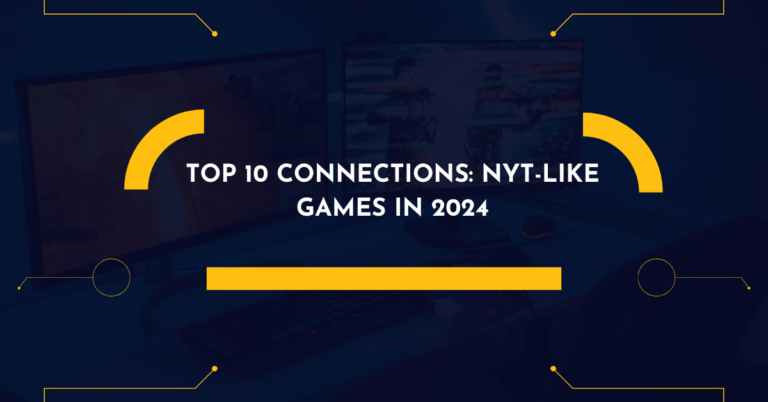What Are Today’s Connections Groups?[2024]
What Are Today’s Connections Groups? 2024. In our increasingly interconnected world, the concept of “connections” has taken on a whole new meaning. No longer limited to physical gatherings or social clubs, connections in the modern era have transcended traditional boundaries, embracing the power of technology and the internet. Today’s connections groups are dynamic, diverse, and ever-evolving, providing individuals with opportunities to connect, collaborate, and grow like never before. Whether driven by shared interests, professional aspirations, or a thirst for knowledge, these virtual communities are reshaping the way we interact, learn, and forge meaningful relationships. In this comprehensive guide, we’ll explore the vast landscape of today’s connections groups, delving into their various forms, functions, and the profound impact they have on our personal and professional lives.
Understanding the Evolution of Connections Groups
Before diving into the intricacies of today’s connections groups, it’s essential to understand the historical context and the forces that have shaped their evolution.
The Rise of the Internet and Social Media
The advent of the internet and the subsequent proliferation of social media platforms have undoubtedly been the catalysts for the growth of connections groups. These technological advancements have broken down geographical barriers, enabling individuals from around the globe to connect and interact with unprecedented ease.
The Shift Towards Remote Work and Virtual Collaboration
The COVID-19 pandemic accelerated the shift towards remote work and virtual collaboration, prompting individuals and organizations to seek new ways to connect, share knowledge, and foster a sense of community in the digital realm.
The Democratization of Knowledge and Information Sharing
The internet has democratized access to knowledge and information, empowering individuals to share their expertise, learn from others, and engage in collaborative learning experiences like never before.
The Importance of Niche Communities and Shared Interests
As the world becomes increasingly globalized, the need for niche communities and shared interests has grown. Connections groups provide a platform for individuals with specific passions, hobbies, or professional interests to connect, exchange ideas, and cultivate a sense of belonging.
These driving forces have shaped the evolution of connections groups, transforming them from physical gatherings into dynamic, virtual communities that transcend geographical and cultural boundaries.
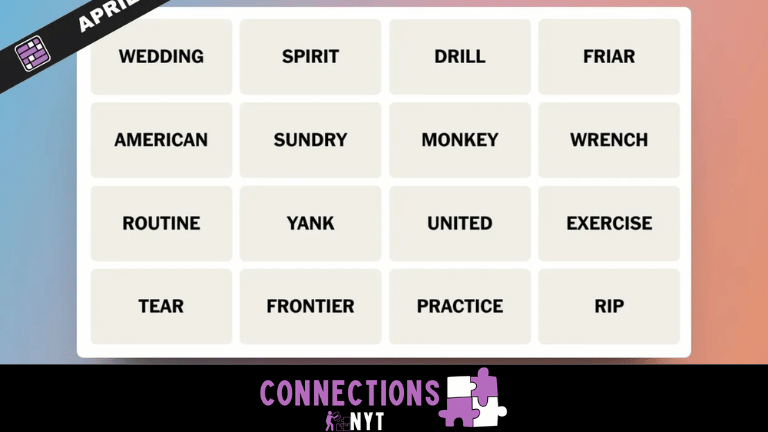
Benefits of Joining Connections Groups
Building Relationships
Connections Groups offer the opportunity to build meaningful relationships with people who share similar interests or goals. These relationships can lead to collaborations, friendships, and a supportive network that can be valuable in both personal and professional contexts.
Access to Resources and Knowledge
Members of Connections Groups often share valuable resources, knowledge, and experiences. This collective wisdom can help individuals solve problems, learn new skills, and stay informed about the latest trends and developments in their field.
Professional Growth
For those in professional and business development groups, the connections made can lead to job opportunities, partnerships, and career advancement. Networking within these groups can open doors to new possibilities and provide the support needed to achieve professional goals.
Personal Support and Motivation
In personal growth and hobby groups, the support and motivation from fellow members can be incredibly valuable. Sharing successes and challenges with a supportive community can boost motivation and provide the encouragement needed to keep moving forward.
Types of Today’s Connections Groups
Today’s connections groups come in various forms, each catering to different needs, interests, and objectives. Here are some of the most prominent types:
Professional and Career-Oriented Groups
These groups are focused on professional development, networking, and career advancement. They provide platforms for individuals to connect with like-minded professionals, share industry insights, discuss best practices, and explore new career opportunities.
Examples: LinkedIn Groups, Slack Communities, Industry-Specific Forums
Hobby and Interest-Based Groups
As the name suggests, these groups bring together individuals who share common hobbies, interests, or passions. Whether it’s photography, gaming, cooking, or any other pursuit, these groups offer a space for enthusiasts to connect, share knowledge, and engage in discussions centered around their shared interests.
Examples: Reddit Communities, Discord Servers, Facebook Groups
Educational and Learning Communities
These connections groups are dedicated to fostering continuous learning and knowledge-sharing. They provide platforms for individuals to engage in discussions, participate in online courses, collaborate on projects, and share educational resources.
Examples: Massive Open Online Courses (MOOCs), Online Study Groups, Virtual Classrooms
Support and Peer-to-Peer Groups
These groups serve as powerful support systems, offering a safe and inclusive space for individuals facing similar challenges or life experiences. Whether it’s a health-related issue, a personal struggle, or a shared identity, these groups foster a sense of community, empathy, and mutual understanding.
Examples: Online Support Groups, Peer Mentorship Networks, Affinity Groups
Social and Recreational Groups
In a world where physical gatherings were limited, social and recreational connections groups emerged as virtual spaces for individuals to connect, socialize, and engage in shared recreational activities. These groups provide a sense of community and foster meaningful connections, even in the absence of physical proximity.
Examples: Online Book Clubs, Virtual Game Nights, Digital Fitness Communities
The Power of Today’s Connections Groups
Participation in today’s connections groups offers a myriad of benefits that extend far beyond the virtual realm. These benefits encompass personal growth, professional development, mental well-being, and the fostering of a global community.
Personal Growth and Self-Discovery
Connections groups provide a safe and supportive environment for individuals to explore their interests, share their experiences, and gain new perspectives. By engaging with diverse communities, members can challenge their assumptions, broaden their horizons, and embark on a journey of self-discovery and personal growth.
Professional Development and Networking
Career-oriented connections groups offer invaluable opportunities for professional development and networking. Members can exchange industry insights, learn from seasoned professionals, and forge connections that may lead to new job opportunities or collaborative projects.
Knowledge Sharing and Collaborative Learning
Educational and learning communities foster an environment of knowledge sharing and collaborative learning. Members can leverage the collective wisdom of the group, access a wealth of educational resources, and engage in discussions that deepen their understanding of various topics.
Mental Well-Being and Support Systems
Support and peer-to-peer groups play a crucial role in promoting mental well-being and providing a sense of belonging. By connecting with others who share similar experiences or struggles, members can find solace, support, and a safe space to express themselves without judgment.
Building Global Communities and Cultural Exchange
Today’s connections groups transcend geographical and cultural boundaries, enabling individuals from diverse backgrounds to connect and learn from one another. This cross-cultural exchange fosters a deeper understanding and appreciation of different perspectives, promoting inclusivity and fostering a global community.
Challenges and Considerations in Today’s Connections Groups
While the benefits of participating in today’s connections groups are numerous, there are also challenges and considerations that must be addressed to ensure a positive and enriching experience for all members.
Fostering a Sense of Belonging and Inclusivity
In virtual communities, fostering a sense of belonging and inclusivity can be challenging. Group moderators and members must be proactive in creating a welcoming and respectful environment, promoting diversity, and addressing any instances of discrimination or exclusion.
Managing Information Overload and Quality Control
With the vast amount of information shared within connections groups, managing information overload and ensuring quality control can be daunting. Effective moderation, content curation, and fact-checking mechanisms are essential to maintain the integrity and value of the shared knowledge.
Balancing Privacy and Security Concerns
As connections groups often involve the sharing of personal information and experiences, addressing privacy and security concerns is paramount. Group administrators must implement robust data protection measures, clear privacy policies, and provide members with control over their personal information.
Combating Misinformation and Disinformation
In the digital age, the spread of misinformation and disinformation poses a significant challenge for connections groups. Group moderators must remain vigilant, fact-check information shared within the community, and provide members with resources to identify and combat misinformation.
Promoting Healthy Digital Habits and Work-Life Balance
While connections groups offer numerous benefits, it’s crucial to strike a balance between virtual engagement and real-world interactions. Group members should be encouraged to practice healthy digital habits, set boundaries, and maintain a balanced approach to their online activities.
Ensuring Accessibility and Bridging Digital Divides
To truly foster inclusive and equitable connections, addressing digital divides and ensuring accessibility for individuals with diverse abilities and resources is essential. Group administrators should explore ways to leverage assistive technologies, provide alternative formats, and ensure that their platforms are user-friendly for all members.
By proactively addressing these challenges and considerations, today’s connections groups can continue to thrive, fostering meaningful connections, promoting personal and professional growth, and cultivating a global community built on mutual understanding and respect.
Conclusion
In the digital age, connections groups have emerged as powerful platforms for individuals to connect, collaborate, and grow. These virtual communities transcend geographical and cultural boundaries, providing opportunities for personal growth, professional development, knowledge sharing, and the cultivation of meaningful relationships.
From career-oriented groups and hobby-based communities to educational platforms and support systems, today’s connections groups cater to a diverse range of interests and needs. By leveraging the power of technology and the internet, these groups have democratized access to knowledge, facilitated cross-cultural exchanges, and fostered a sense of belonging among their members.
While participating in connections groups offers numerous benefits, it is essential to address the challenges that come with virtual communities. Fostering inclusivity, managing information overload, promoting healthy digital habits, and combating misinformation are just a few of the considerations that must be addressed to ensure a positive and enriching experience for all members.
As we navigate the ever-evolving digital landscape, connections groups will undoubtedly continue to play a pivotal role in shaping the way we interact, learn, and connect with one another. By embracing these virtual communities and proactively addressing their challenges, we can unlock a world of opportunities for personal growth, professional development, and the cultivation of a truly global community built on mutual understanding and respect.
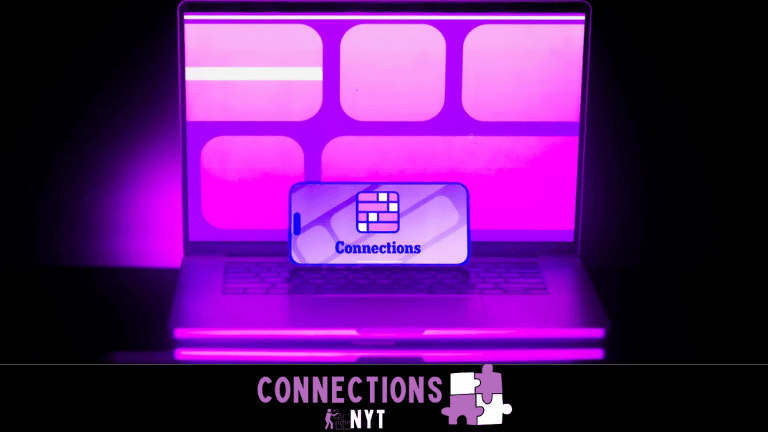
FAQs
What are Connections Groups?
Connections Groups are communities, both online and offline, where people with similar interests or goals connect, share ideas, and support each other.
How do I find the right Connections Group for me?
Look for groups that align with your interests and goals. Platforms like LinkedIn, Facebook, Meetup, and specialized forums are great places to start.
What are the benefits of joining Connections Groups?
Benefits include building relationships, accessing resources and knowledge, professional growth, and personal support and motivation.
Are there any challenges to joining Connections Groups?
Challenges include the quality of interaction, managing time and commitment, and ensuring privacy and security.
How can I get the most out of my Connections Groups?
Be an active participant, choose the right groups, network and collaborate with other members, and respect group rules and etiquette.

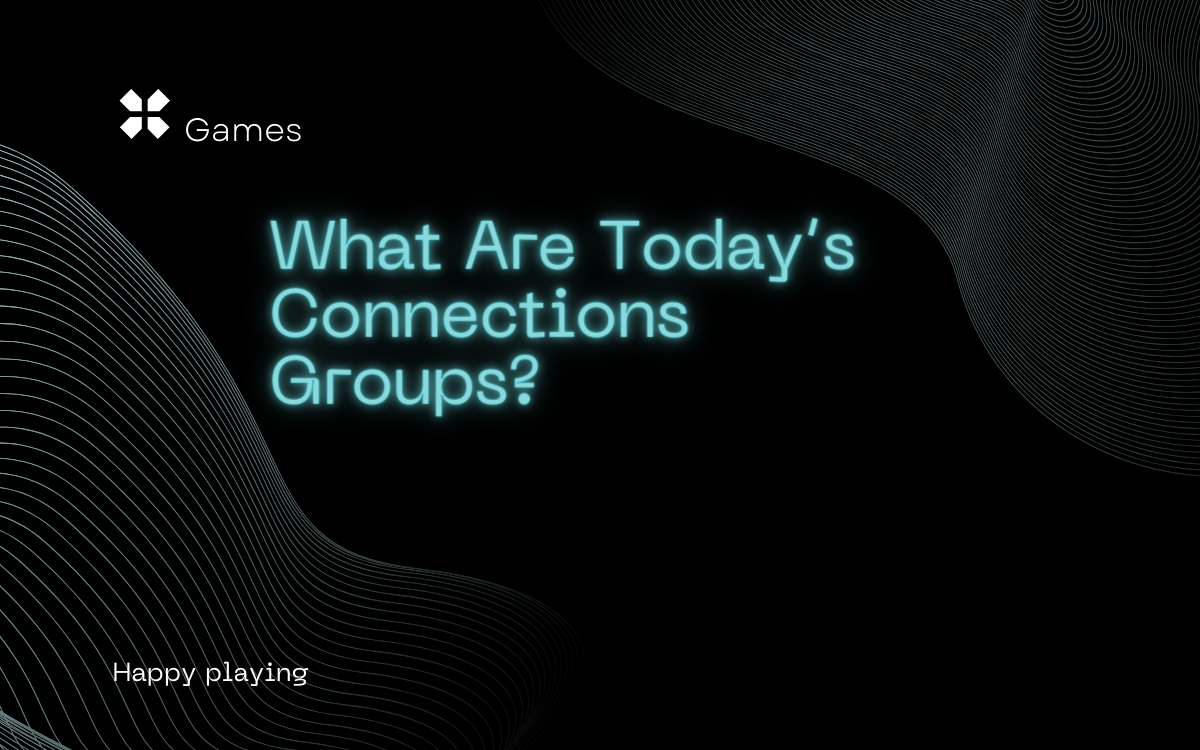

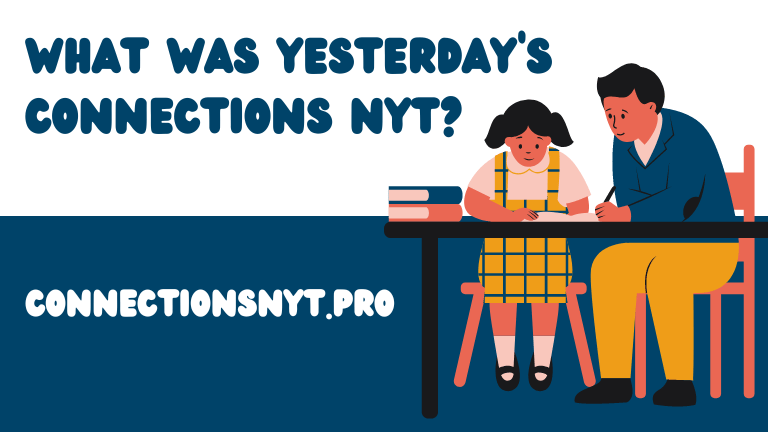
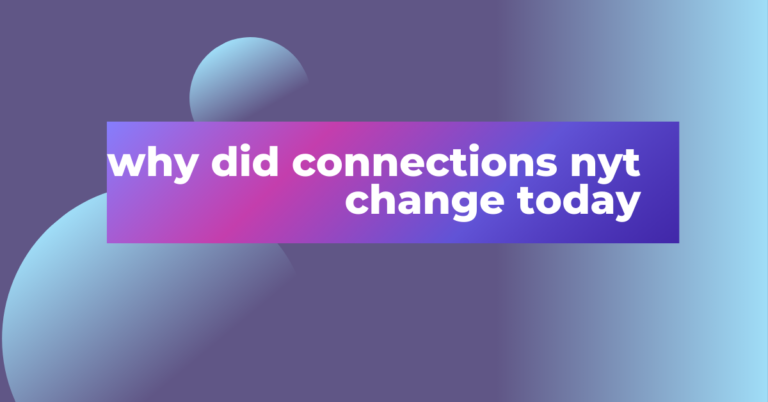

![5 top strategies For Solving Current Connection Point [2024]](https://connectionsnyt.pro/wp-content/uploads/2024/05/5-top-strategies-For-Solving-Current-Connection-Point-2024-768x461.png)
